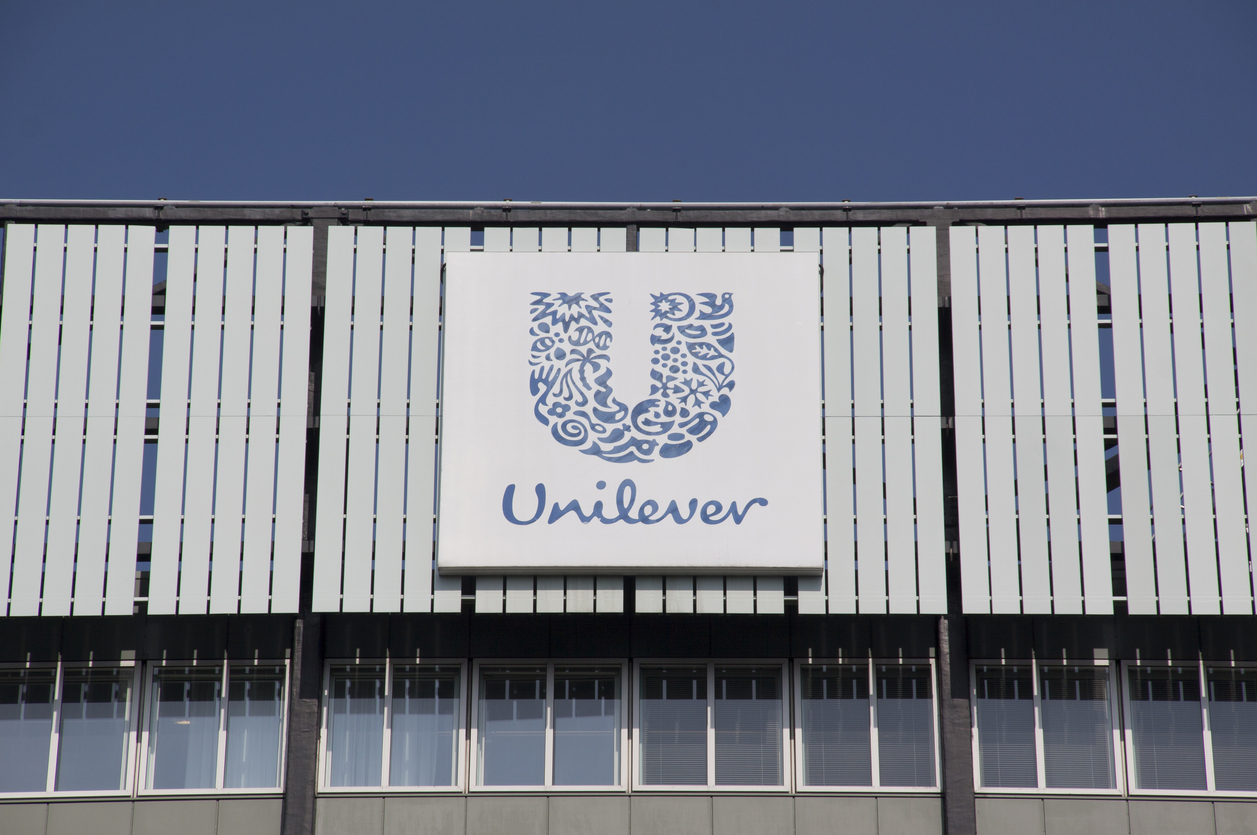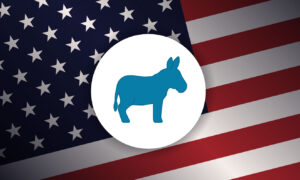The Scoop: Investors left ‘gobsmacked’ after Unilever’s abrupt CEO ouster
Also: American consumer confidence continues to drop; McDonald’s promotion emphasizes commitment to providing customer value.

Unilever surprised investors on Tuesday by ousting well-regarded CEO Hein Schumacher after less than two years on the job.
Schumacher’s departure led to Unilever’s shares falling by as much as 3.4% that day. Despite a slight rebound Wednesday the price hasn’t reached pre-announcement levels yet.
“We are gobsmacked at the news that Unilever’s very highly regarded CEO Hein Schumacher is to step down,” RBC Capital analyst James Edwardes Jones said, according to Reuters.
Sources close to the leadership change indicated that the move wasn’t the result of anything “untoward.” Instead, the change was due to a desire to speed up Unilever’s recent underperformance.
Despite Schumacher’s efforts to implement changes, including cost cuts and plans to spin off divisions of the company, the board believed CFO Fernando Fernandez was better suited to drive the strategy forward, per the Reuters report. Fernandez is a 40-year veteran of Unilever, so there is some familiarity in leadership going forward.
Company Chairman Ian Meakins said Fernandez impressed the board with his “decisive and results-oriented approach.”
Why it matters: With any leadership change, there are two main questions a company needs to answer: Why and why now?
For Unilever, the answer to both questions is it wants quicker execution of its turnaround strategy. Though light on specifics, sources looked to stress that the replacement was in a better position to achieve goals faster.
“While the Board is pleased with Unilever’s performance in 2024, there is much further to go to deliver best-in-class results. Having worked with Fernando closely over the last 14 months, the Board is very confident in his ability to lead a high performing management team, realize the benefits of the [Growth Action Plan] with urgency, and deliver the shareholder value that the company’s potential demands,” Meakins said in a statement.
While a definite response to the move, it’s definitely not an answer as to why it happened. It’s vague, jargon-heavy and doesn’t appear to be much of an initial justification move to either investors or analysts.
Diana Radu, equity analyst at Morningstar, described the move as “unexpected” in a conversation with CNBC.
Meakins even praised Schumacher for leading a “significant productivity programme and the commencement of the Ice Cream separation, both of which are fully on track. The Growth Action Plan has put Unilever on a path to higher performance.”
“There’s nothing in the company’s recent performance to warrant such a move,” she said, who described his tenure as being marked by “greater focus” and “disciplined execution.”
Bringing Fernandez in might suggest Unilever is going for a more aggressive, results-focused approach, but the lack of clarity around Schumacher’s departure could leave some investors feeling uncertain, especially those who were optimistic before.
Now, Unilever has the tricky job of convincing the market that this change will boost performance, not cause more instability.
Editor’s Top Reads:
- A growing number of Americans expect a recession within the next year, along with a weaker job market, falling stock prices and rising interest rates. The nonpartisan Conference Board reported that consumer confidence experienced its largest monthly drop since August 2021. Concerns over inflation persist, with consumer prices up 3% in January from the previous year. This surpasses the Federal Reserve’s 2% target, according to ABC News. Tariff policies under President Donald Trump have further fueled economic anxieties, with 70% of Americans believing tariffs will drive prices higher, per the ABC News report. While there’s no immediate cause for concern for brands, these indicators suggest that people don’t have much confidence in the direction of the national economy. When that happens, people tend to cut back on discretionary spending and things perceived as luxuries tend to see a drop in sales figures. Brands would be wise to monitor how people are talking about and engaging with them on social media to see if they need to adjust messaging to highlight things like value, need and quality compared to the competition.
- McDonald’s is celebrating 50 years of the Egg McMuffin by doubling down on breakfast and emphasizing value as food prices continue to rise. To mark the breakfast sandwich’s birthday, McDonald’s is offering exclusive app deals, including $1 Egg McMuffins on March 2 for National Egg McMuffin Day and a BOGO Sausage McMuffin with Egg through McDelivery from March 3-30. As restaurants implement surcharges due to rising food prices, McDonald’s is positioning itself as an affordable option. “Unlike others making news recently, you definitely WON’T see McDonald’s USA issuing surcharges on eggs, which are 100% cage-free and sourced in the U.S.,” Michael Gonda, McDonald’s chief impact officer for North America, wrote on LinkedIn. The promotion comes not long after McDonald’s reported its worst quarterly sales drop since the pandemic. With this promotion, McDonald’s aims to get back to what made it popular in the first place: being a go-to destination for value-conscious consumers.
- Oliver Darcy’s independent newsletter, “Status,” has quickly become essential reading for media and entertainment insiders since its launch in August. Covering industry scoops and executive moves, “Status” has attracted over 70,000 subscribers and projects to exceed $1 million in annual recurring revenue by the end of 2025, according to the Wall Street Journal. Monthly subscription is $14.95. Darcy, who started the newsletter solo, recently added Jon Passantino to the team and plans to expand further, including with a podcast. The success of Status underscores the growing influence of independent media in engaging niche audiences. Similar to podcasts, newsletters offer valuable opportunities for brands and executives to showcase thought leadership – whether by publishing their content or pitching a story.
Casey Weldon is a reporter for PR Daily. Follow him on LinkedIn.







